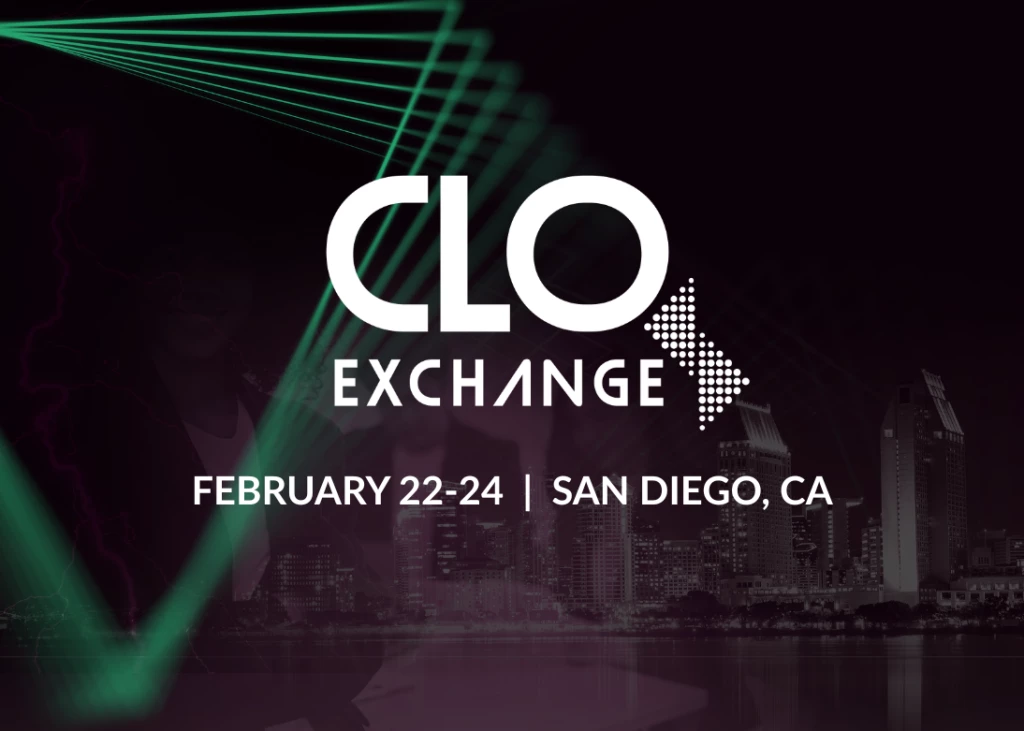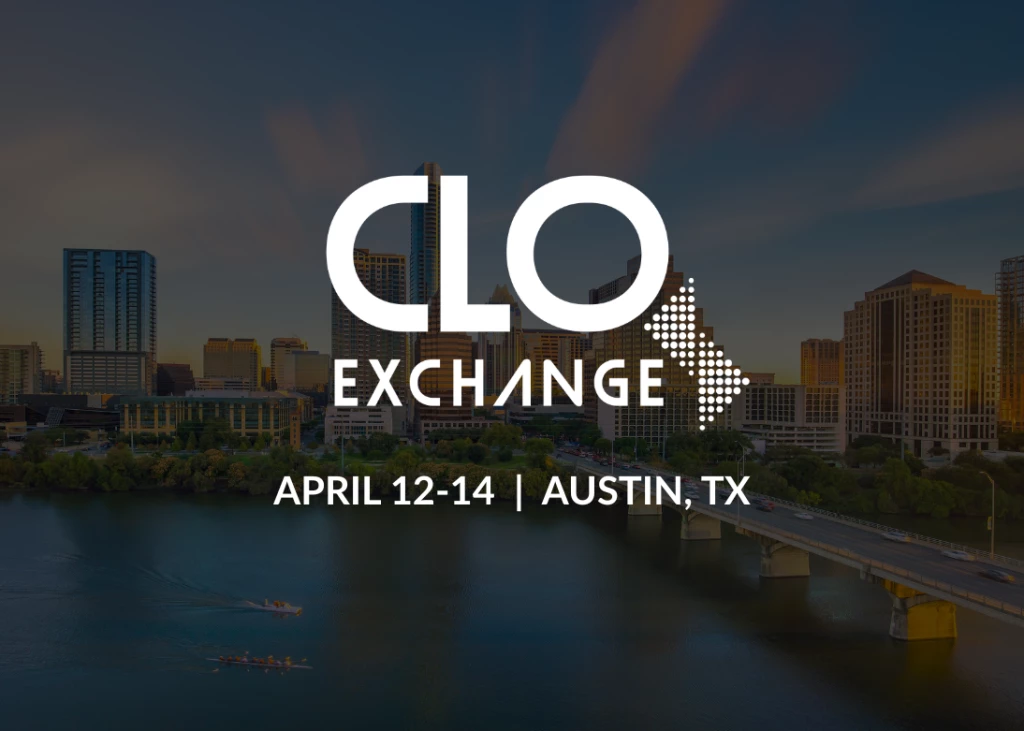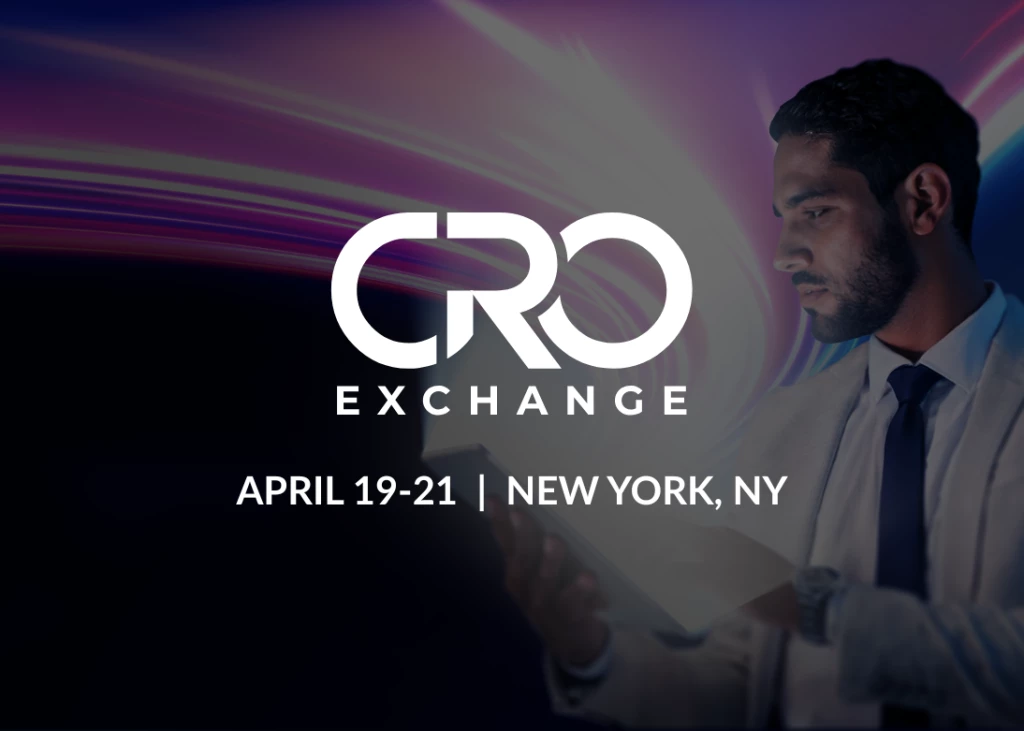Google's Global Lead, EDU Learning Programs Talks Speed vs. Efficacy
Add bookmarkMarc Ramos, global lead of Google Enterprise EDU Learning Programs, says that the Internet service company still has growing up and maturing to do when it comes to using its learning and training programs to increase efficiencies and standards. In a field defined by immediacy, speed is a critical aspect when designing new L&D programs at Google.
When developing new ideas for learning platforms, Marc doesn't just focus on the latest trends, such as gamification and mobile learning.
With native products like Android and Google Glass, Google has an obvious interest in further exploring those areas, but Marc notes that it's equally important to look at the traditional theories of adult learning and emerging learning markets, such as Africa and the Middle East, for new and innovative ideas about employee learning and development.
Marc spoke at Corporate Learning Week November 2013. Before Marc took the stage, we sat down with him to talk about how Google approaches learning and development and the emerging trends that the mainstream L&D community has yet to focus on. For more information on Marc, see our interview below.
CLN: Are there any things that are innovative and different at Google that other people may not know about?
Marc: There are definitely a lot of activities going on at Google in the innovative space, particularly related to the corporate learning space.
To be very candid, while Google does have a strong brand, we're still a relatively young company. From an internal training perspective, frankly there's a lot of efficiencies and standards and a lot of maturation and growing up we need to do.
So one side of my response is internally, we're still getting our act together and building out a whole new league of ideally innovative and robust programs. The other way I guess to answer the question is Google is really fixated on speed and it's really critical that we develop programs that meet the needs of the business and meet the needs of our users globally, and to do that in a highly competitive environment.
So a big strategy for us internally is making sure that we're building programs at the relevant speed to meet the needs of the business and meet the needs of our learners. And that's a hard thing from an analysis perspective, from a production perspective as well as from a deployment to measure perspective. That's definitely a big focus for us.
CLN: Do you have any examples of programs you've been working on that fits in with that mindset of being innovative, but also this maturation and growth process?
Marc: There are a lot of programs that are built on this framework and this foundation of speed. One of them has to do with good old fashioned product training for our sales folks globally.
Google, similarly to a lot of other software companies, has a variety of releases of our products, but since speed is our ally or our enemy, depending on how you look at it, we tend to release product versions on almost a weekly basis. So how do we keep up with that?
We've put together a new platform of our global sales team called Product Navigator, a web-based platform that's linked to a content management system on the back end. With Product Navigator, we've created a variety of snippets of product information that deploy via videos and other mediums via this platform.
And what's really neat about this platform is, and again talking about speed, we're able to work with our subject matter experts globally to modify and maintain the contents of this platform very quickly. So rather than taking weeks, or perhaps a month or longer than that, to update product training information, we can do that in almost a dynamic, if not, on an hourly basis.
The platform is web-based. We do a variety of cool things with it TSS3, HTML5 and other things, but at the end of the day, it's about quick, targeted snippets where the users can filter like crazy within the system to determine exactly what they want and then it's provisioned very quickly.
CLN: From your position at Google, what's on the frontier for learning and development? What do you see happening now that will be gaining speed in the next six to twelve months?
Marc: It's a lit bit of a pendulum in terms of things that a lot of learning theorists and technologists thought about years ago and now it's kind of coming to fruition and to that degree, I'm a little bit of a traditionalist. But the areas around performance management, I think, are really critical in a sense of providing the right type of information to the right need at the right time at the right size, so on and so forth.
So I think the technologies are there to focus a lot more on performance management solutions globally. I think what's also critical is thinking more about how we're actually measuring the social learning, the informal learning of our students globally.
We're actually piloting a fairly significant Tin Can effort within Google. I see a lot of benefits to us globally in terms of finally measuring in detail how the students are actually learning rather than the details of the class itself.
CLN: Are there things from your perspective that we aren't hearing about in learning and development that we should be paying attention to?
Marc: I would focus my response more on that buzz word that I mentioned beforehand, which is speed. I think it's so critical these days to focus on the traditional aspects of adult learning and various pedagogical approaches, depending on which group you're supporting, whether its K-12, higher ed or corporate.
But I think understanding how humans still learn and the best ways, and trying to sort out the fastest way to deliver is really critical.
There are elements of gamification which I think are really great. Primarily, I think of the social learning side. Mobile learning: Google is in the Andorid space, so we have a lot of interest in that regard, and you've probably heard a lot about Google Glass, which we would consider more of a wearable, or perhaps a type another type of an Android solution.
Those are some particular areas I think are really interesting. I think talking about wearable technologies and Google Glass, for example, the whole aspect of augmented reality and understanding various overlays, how to use that to again access the right type of information for the right need at the right time.
CLN: One of the things that hasn't been talked about as much is the use of MOOCs in a corporate environment. Have you been rolling them out at Google?
Marc: Yeah, absolutely. Course Builder, that we launched last year, is basically a course development tool and platform that's open sourced from Google, and it's primary target audience is mostly higher ed and possibly K-12. But it does have corporate applications.
I think there needs to be a new commerce or economy of scale perspectives related to MOOCs benefits. I think what's driving a lot of universities and non-corporate entities is that scale, even though the retention rates or the completion rates can still be fairly low. But it is something that we're definitely focusing on at Google.
My personal take, to be candid, is I think people are getting excited about the volume and the scale and the benefits. I think it's really interesting because the most successful MOOCs are the ones that are blended strategies.
Blending in the videos, blending in the live or the asynchronous activities, either from a social perspective or not, I think are really critical. And I think the design of the MOOC rather than the duration of the MOOC, which is really a key benefit to the success of that platform.
CLN: After the announcement of Twitter University, one of the things they said is that as these tech companies are maturing, they're in this process where they have a workforce that needs robust training programs, but they're looking at different ways, not necessarily the traditional approach that older tech companies have utilized for L&D. Is that something you've been doing at Google and something you've seen at other Silicon Valley companies?
Marc: It's certainly something I'm seeing. I don't have a geographic perspective on the cool things these days. I think there's a lot of stuff happening and a lot of cool stuff coming out of Silicon Valley, but I think we should really be focusing on raw, start up environments, such as what is happening in the Middle East, Africa, some parts of Asia and India where folks are really thinking out of the box in terms of new ways to learn and new ways to deploy and build and measure and so forth.
There's a lot of activity coming out Egypt and Israel in terms of new applications. So I understand the value of Twitter and Twitter University, and I think that's awesome. I think we need to expand that and find more collaborative ways to support what they're doing and join what they're doing as well as other similar parts from a social perspective, but my lens would not be so geographically focused.



















